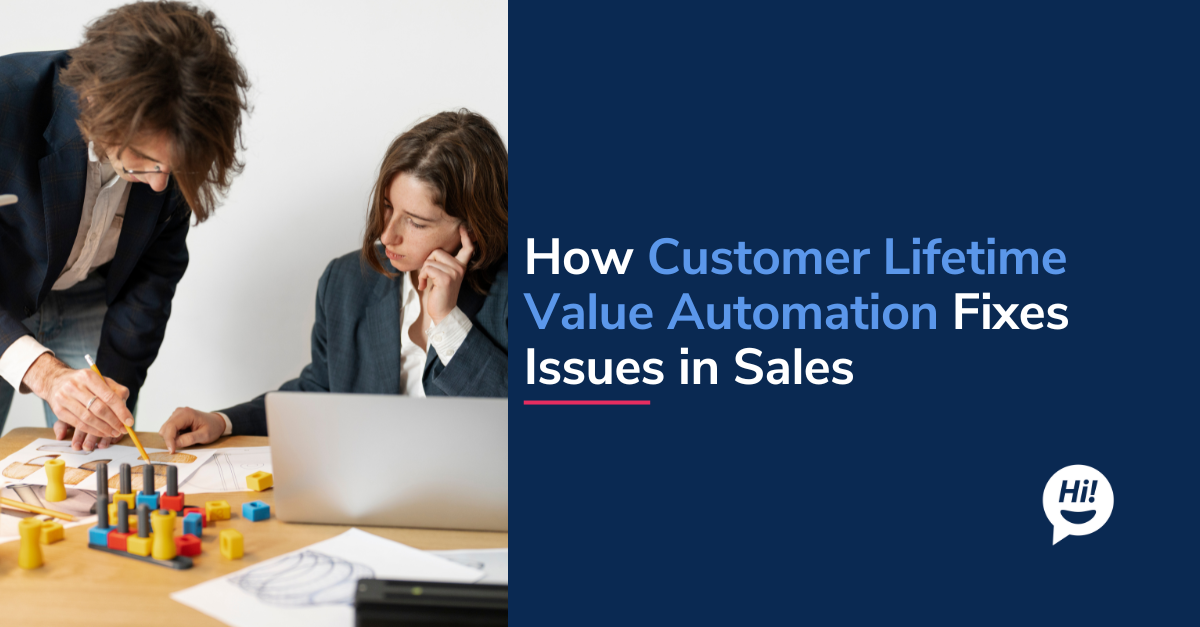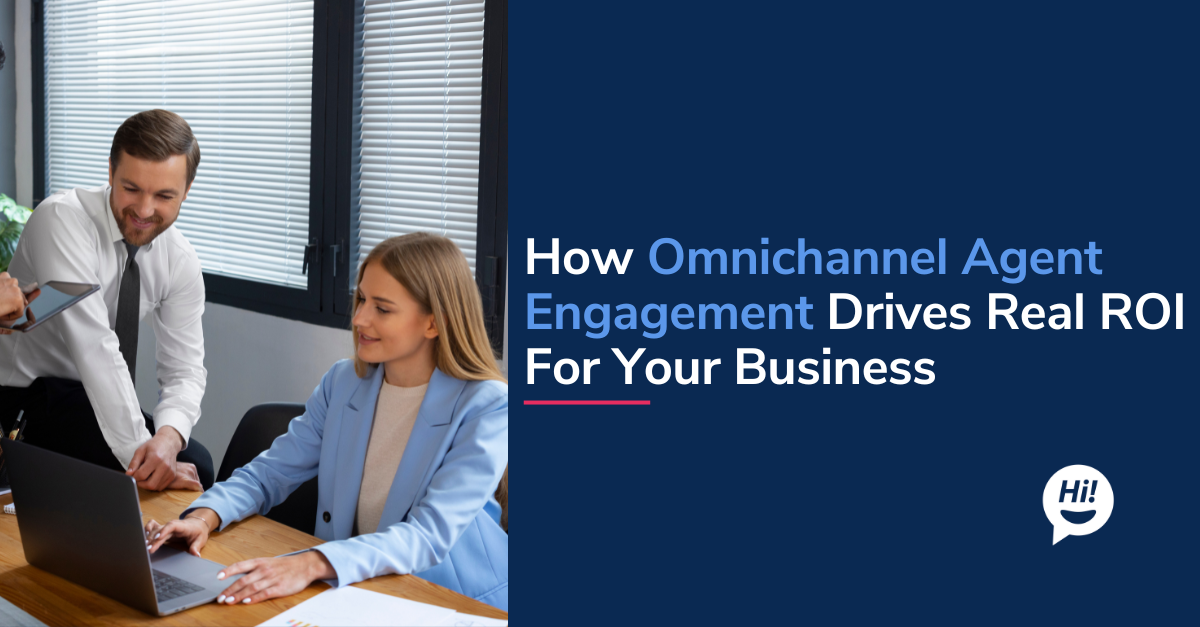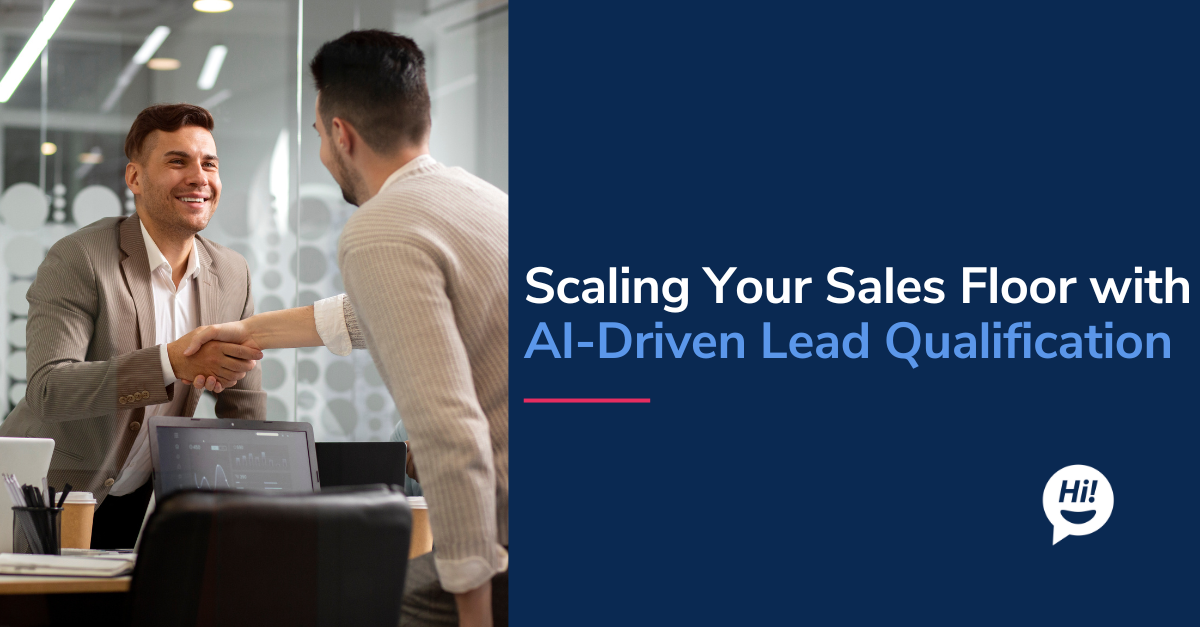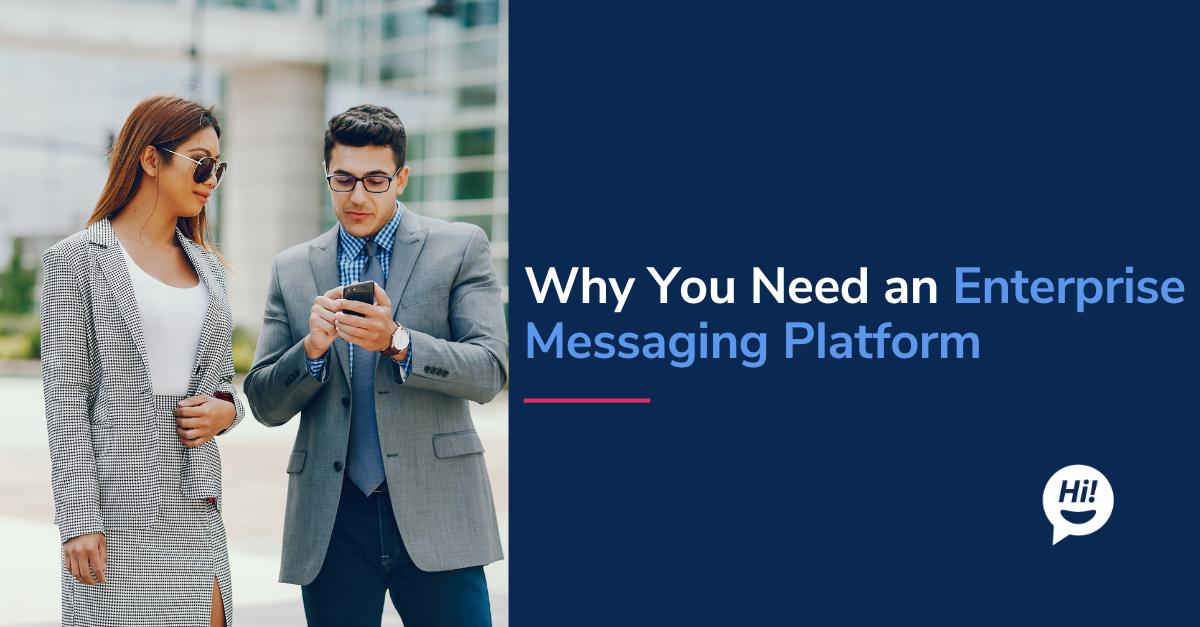Artificial Intelligence (AI) isn't a futuristic concept—it's here and transforming how consumer-direct sales organizations operate. Whether you're in mortgage, insurance, or financial services, AI offers a strategic edge in how you engage consumers, manage leads, and drive conversions.
But here's the reality: most sales organizations aren't ready for AI.
Becoming "AI-ready" isn't just about purchasing new tools. It's about building a foundation of clean data, digital workflows, and a team that understands how to leverage AI to drive performance. So, where to start?
Let's get into it.
What Does It Mean to Be AI-Ready?
To adopt AI successfully, your organization needs readiness across four key areas:
1. Data Infrastructure
AI thrives on data—but only if it's clean, organized, and accessible. Start with a data audit. Where does your lead data live? How accurate is it? Is your CRM capturing every touchpoint?
Key focus areas:
- CRM data hygiene
- Accurate lead attribution
- Call/chat/email transcripts
🔍 Tip: The better your data, the better your AI output.
2. Digitized Sales Processes
Before AI can optimize or automate anything, your sales journey must be well-defined and digitized. Can you track every step from lead to close? Are your follow-ups automated? Is your lead routing logic clear?
Focus on:
- Lead assignment workflows
- Qualification criteria
- Follow-up sequences
- Performance tracking
💡 Think of it as preparing a road map for AI to follow.
3. AI Fluency Among Teams
Your team doesn't need to become data scientists, but they should understand how AI fits into their workflow. Without this, even the best tools won't be used effectively.
Start with:
- Hands-on training sessions
- Demonstrations of AI tools in action (e.g., Botsplash AI, Gong, or Salesforce Einstein)
- Clear explanations of how AI benefits the user, not just the business
🧠 Education is the fuel for adoption.
4. Compliance and Ethics
Especially in industries like mortgage or insurance, you must use AI responsibly. You need to understand how AI decisions are made and ensure consumer protections are in place.
Evaluate:
- Fair lending practices
- Data usage consent
- Explainability of AI-driven decisions
🛡️ AI should enhance trust, not erode it.
AI-Readiness Projects You Should Start Now
Here are practical initiatives that can fast-track your AI readiness while delivering real business impact:
📊 1. Conversational Data Mining
Goal: Analyze call, chat, and email conversations to uncover common objections, consumer questions, and buying signals.
Why it matters: AI can summarize conversations, suggest the next best actions, and even coach agents in real-time.
Tools: Botsplash AI, Gong, Zoom, Dialpad AI
🎯 2. Lead Scoring & Prioritization
Goal: Use AI to rank leads by conversion likelihood based on behavior, source, and profile data.
Why it matters: Reps can focus on the leads most likely to convert.
Outcome: Increased ROI per lead and faster follow-up times.
🧑💼 3. AI Sales Coaching & Agent Assist
Goal: Help reps improve their performance through real-time prompts or post-call feedback.
Why it matters: Shortens ramp time, improves call outcomes, and ensures brand consistency.
Tools: Botsplash AI, Chorus.ai, Avoma
⚙️ 4. Workflow Automation
Goal: Review repetitive manual tasks—like appointment scheduling, document collection, or follow-ups—and replace them with AI automation.
Tools: Botsplash, Zapier, CRMs with AI integration
Outcome: Reps spend more time selling and less time clicking.
💬 5. Personalization at Scale
Goal: Use AI to tailor content, messages, and offers based on customer behavior or stage in the funnel.
Why it matters: Personalized communication = higher engagement = higher close rates.
Tools: Botsplash Campaign AI, HubSpot AI, Adobe Sensei
🗺️ 6. Create an AI Strategy Roadmap
Goal: Build a phased plan that aligns AI initiatives with your business goals.
Break it down into:
- Short-term: Lead scoring, summarization tools
- Mid-term: Sales coaching, chat automation
- Long-term: Predictive analytics, fully integrated AI CRM systems
✅ This roadmap keeps efforts focused and measurable.
Final Thoughts: AI Is a Journey, Not a Switch
To truly become AI-ready, consumer-direct organizations must stop thinking of AI as a "tool" and start treating it as a strategic advantage. Start by getting your data in order. Then look at how your workflows and teams can evolve to support AI integration.
Platforms like Botsplash AI are explicitly built for consumer-direct businesses. From chat and voice automation to AI-driven engagement insights, they make it easier to adopt AI in a way that's compliant, scalable, and aligned with your sales goals.
Ready to Explore AI for Your Sales Organization?
Let us help you map your AI journey. Whether you're just getting started or looking to expand your AI footprint, Botsplash is here to support your transformation.
👉 Contact Us for a personalized AI readiness consultation.
To learn more about Botsplash click the button below to schedule a demo with our team.








